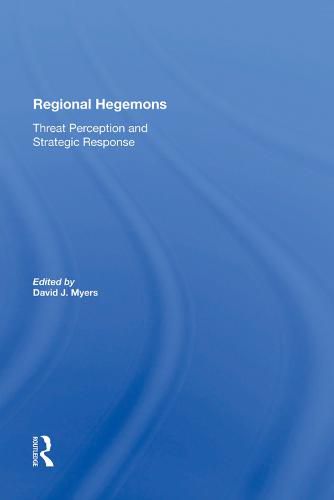Readings Newsletter
Become a Readings Member to make your shopping experience even easier.
Sign in or sign up for free!
You’re not far away from qualifying for FREE standard shipping within Australia
You’ve qualified for FREE standard shipping within Australia
The cart is loading…






The bitter U.S. experience in Vietnam and the pain inflicted on theSoviet Union by its Afghanistan adventure have caused Washington andMoscow to rethink the costs and benefits of unilateral military interventionon behalf of threatened clients, especially in the third world. Also, asthe Cold War winds down, the crusading spirit that has driven superpowercompetition since the end of World War II appears increasingly anachronistic.Expenditures by the superpowers in pursuit of military superiority,or even to ensure parity, are now criticized for the security theydo not provide or for detracting from economic growth. The lattercriticism has grown in importance as the U.S. economy has confrontednew challenges from Japan and Germany and as the Soviet economystruggles to avoid collapse. Thus when Saddam Hussein’s August 1990invasion of Kuwait challenged the political and economic status quo inthe oil-rich Middle East, neither the United States nor the Soviet Unionresponded unilaterally. Cooperatively they crafted an international consensusto confront the challenge.
$9.00 standard shipping within Australia
FREE standard shipping within Australia for orders over $100.00
Express & International shipping calculated at checkout
The bitter U.S. experience in Vietnam and the pain inflicted on theSoviet Union by its Afghanistan adventure have caused Washington andMoscow to rethink the costs and benefits of unilateral military interventionon behalf of threatened clients, especially in the third world. Also, asthe Cold War winds down, the crusading spirit that has driven superpowercompetition since the end of World War II appears increasingly anachronistic.Expenditures by the superpowers in pursuit of military superiority,or even to ensure parity, are now criticized for the security theydo not provide or for detracting from economic growth. The lattercriticism has grown in importance as the U.S. economy has confrontednew challenges from Japan and Germany and as the Soviet economystruggles to avoid collapse. Thus when Saddam Hussein’s August 1990invasion of Kuwait challenged the political and economic status quo inthe oil-rich Middle East, neither the United States nor the Soviet Unionresponded unilaterally. Cooperatively they crafted an international consensusto confront the challenge.